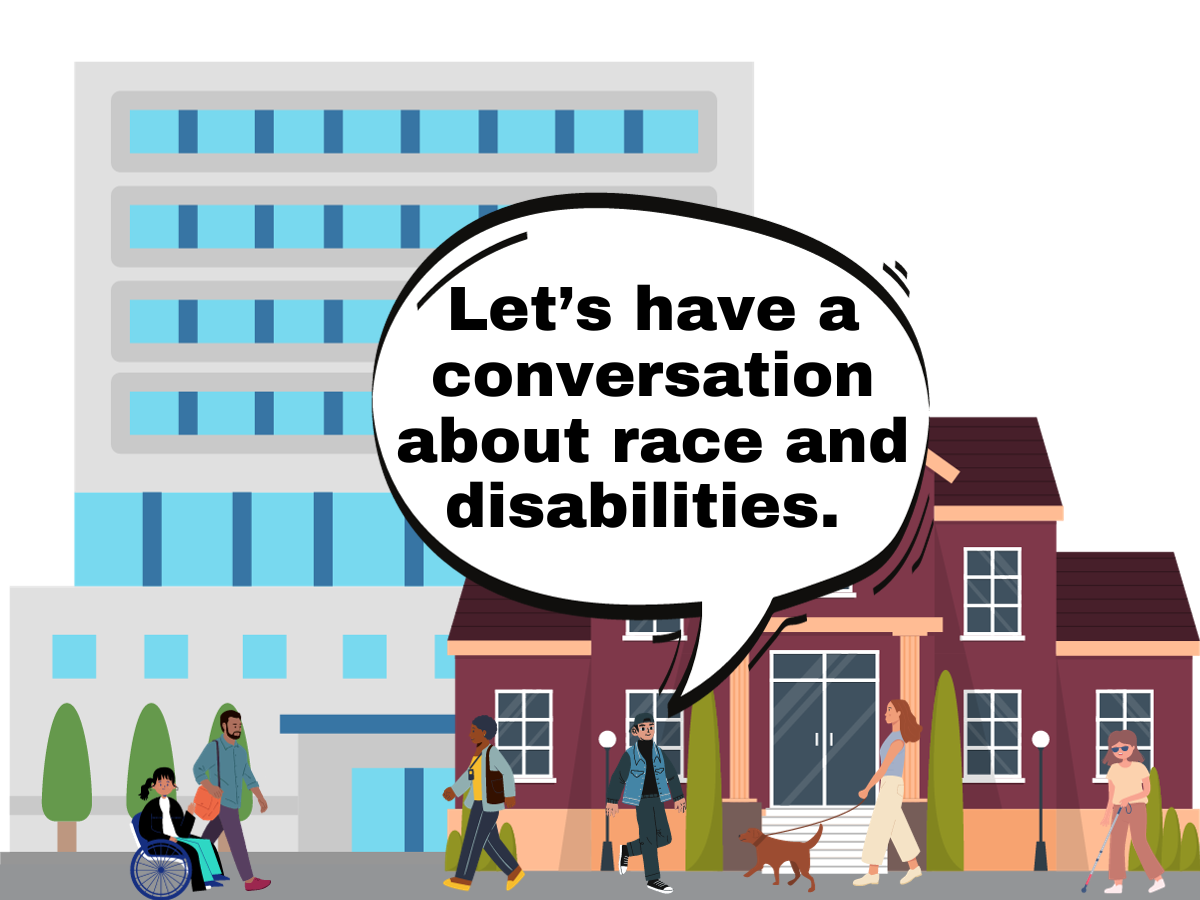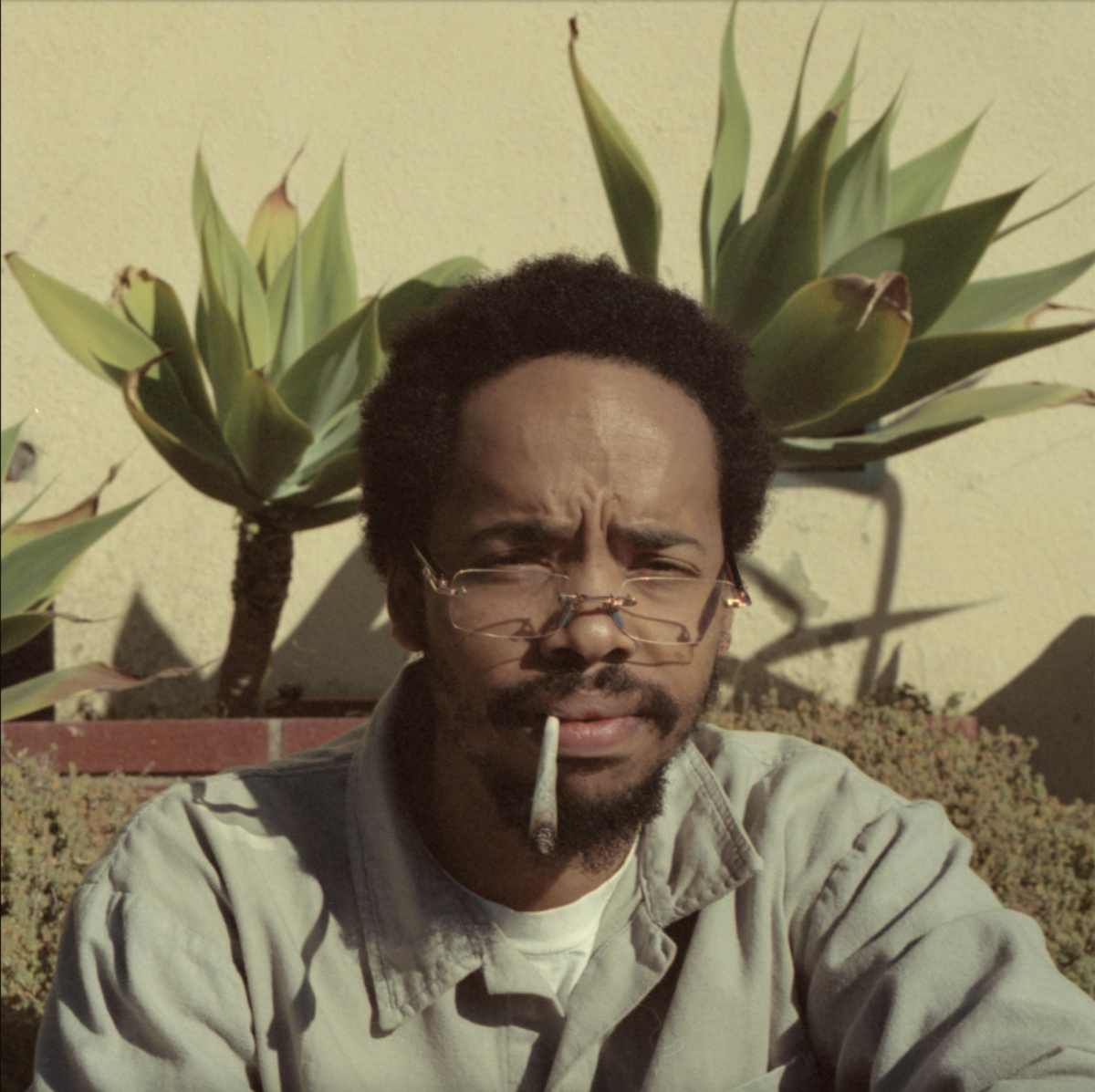San José State’s Office of Diversity, Equity and Inclusion hosted a collaborative presentation with Parents Helping Parents to discuss how disability and race can affect an individual’s experience in public spaces.
The Office of Diversity, Equity and Inclusion is a part of SJSU President’s office and seeks to build individual, organizational and institutional capacity to bring about change in equity and social disparity, according to an SJSU webpage.
Parents Helping Parents is an organization based in San José that provides support, information and training to help families raise and assist their relatives at any age who have disabilities or a diagnosis, according to its website.
Keri Gray, guest speaker and CEO of the Keri Gray Consulting Group who is a disabled Black woman, said after she was diagnosed with bone cancer as a child, she did not see a lot of open representation of disabilities in mainstream media or the world.
“I wrestled with how to lean into this new part of my identity (being disabled),” Gray said. “That is a lot of what my work references today. It’s a discussion of who we are, our experiences and how we can translate that to others.”
Gray said it’s important to be able to use and discuss the language, phrases and topics related to intersectional identities such as disability and race.
She said starting these conversations might make people feel uncomfortable, but even if it’s difficult, it’s essential.
Gray said the first step a person should take when having this potentially complicated conversation with those who are disability advocates and those who are disabled, is to listen to different experiences and perspectives.
“We shouldn’t stop at just listening, we should start thinking about how we can offer support, how we can offer resources, how we can offer connections and community,” Gray said.
Gray said one language-based concept we see in these intersectional communities and conversations is code switching.
She said code switching is a language alteration where a person adjusts their own style of speech, appearance, behavior and expression in a way to optimize the comfort of others in exchange for good treatment, quality service and employment opportunities.
Gray said one form of code switching is the alteration in topics and language used when disabled people are around each other and are able to talk more freely about medical matters like doctors appointments, treatments and therapy, things that are custom to them.
“These conversations just happen and sometimes they bring you closer together with some of your colleagues or classmates,” Gray said.
Viviana Barnwell, an employee for Parents Helping Parents and a councilmember for the California State Council on Developmental Disabilities representing Santa Clara County, said sometimes code switching almost feels necessary when talking to parents who do not have disabled children.
The California State Council on Developmental Disabilities is an independent state agency that aims to ensure that people with developmental disabilities and their families receive the services and support they need, according to its website.
Barnwell, who is also a mother to a disabled child, said that she finds it easier to share with other parents who are caring for disabled children because they can more easily connect and empathize with one another.
“An example is if I talk about my son having a really difficult life because he has to (go to) physical therapy after school and the next day to occupational therapy than another parent will say ‘It’s the same with every child, they all have to go to football and my girls have to go to ballet,’ but it’s not the same,” Barnwell said.
Joanna Kent, a disability advocate and mother whose child has a rare disease of which she was not comfortable sharing, said during the pandemic, Zoom helped her connect with other disability advocates, parents and families.
Kent said she would have never met them, if not for Zoom, because of accessibility issues they face trying to get to other advocacy meetings.
“Through the use of Zoom a lot of families had access to the table in a way that they didn’t have before,” Kent said. “Now that the world is going back to normal a lot of those people are losing that access just to get into these rooms and spaces because of transportation, resource and financial lack or issues.”
Gray said Zoom also changed the dynamics in spaces for disabled people because it eliminated some of the biases people with disabilities face because people did not always have to be on screen or be fully shown on screen.
Jamie Candelaria-Greene, a consulting learning specialist for Alameda County, said lack of accessibility takes a negative toll on people with disabilities who live in low-income areas, who are minorities and who need medical attention most.
“Those who I see getting the most help are children of the affluent and white,” Greene said. “While others are too often pushed into spaces and classes for the severely disabled.”
Eva Sanchez-Nuñez, a Parents Helping Parents employee and mother of an SJSU sophomore, said her daughter almost dropped out during her first year of college because she wasn’t aware of the kinds of resources available to her as a disabled student.
“I think we forget that these kids can go to university,” Sanchez-Nuñez said. “(Now) she’s able to start taking her upper division courses a whole semester early and all because I had to jump through loopholes and fight with these people to give her the things she needs.”
Sanchez-Nuñez said her daughter is working beautifully as a student despite coming from an unsupportive school district, who Sanchez-Nunez said, implied her daughter would not amount to much because of her disability.
Gray said it’s natural for people to form identity politics around race and disability, but it’s not a flawless concept of advocacy.
“The problem with identity politics is that it creates the need to split one’s political energy up between two sometimes opposing identities,” Gray said. “It can be a form of intersectional disempowerment”
Jahmal Williams, director of Advocacy for Racial Justice at SJSU, said to avoid the negative and harmful side of identity politics people must value each identity they own.
“We have to consistently think about being Black and being disabled, being non-binary and being ‘this,’ in all these different aspects as we advocate (for),” Williams said.
Williams said the difference comes with using “and” and not “or,” when dealing with identity politics.
He said “and” is recognition and pride in each identity a person owns and “or” is being torn between them and forced to choose one identity despite owning many of them.
Gray said coalition building is an alliance, partnering or engaging in joint activities in order to achieve a common goal or dimensional values.
“We have to ask ourselves where are the opportunities to collaborate?” Gray said. “We should cross amplify each other’s work and we should sit at the table together more often.”






































